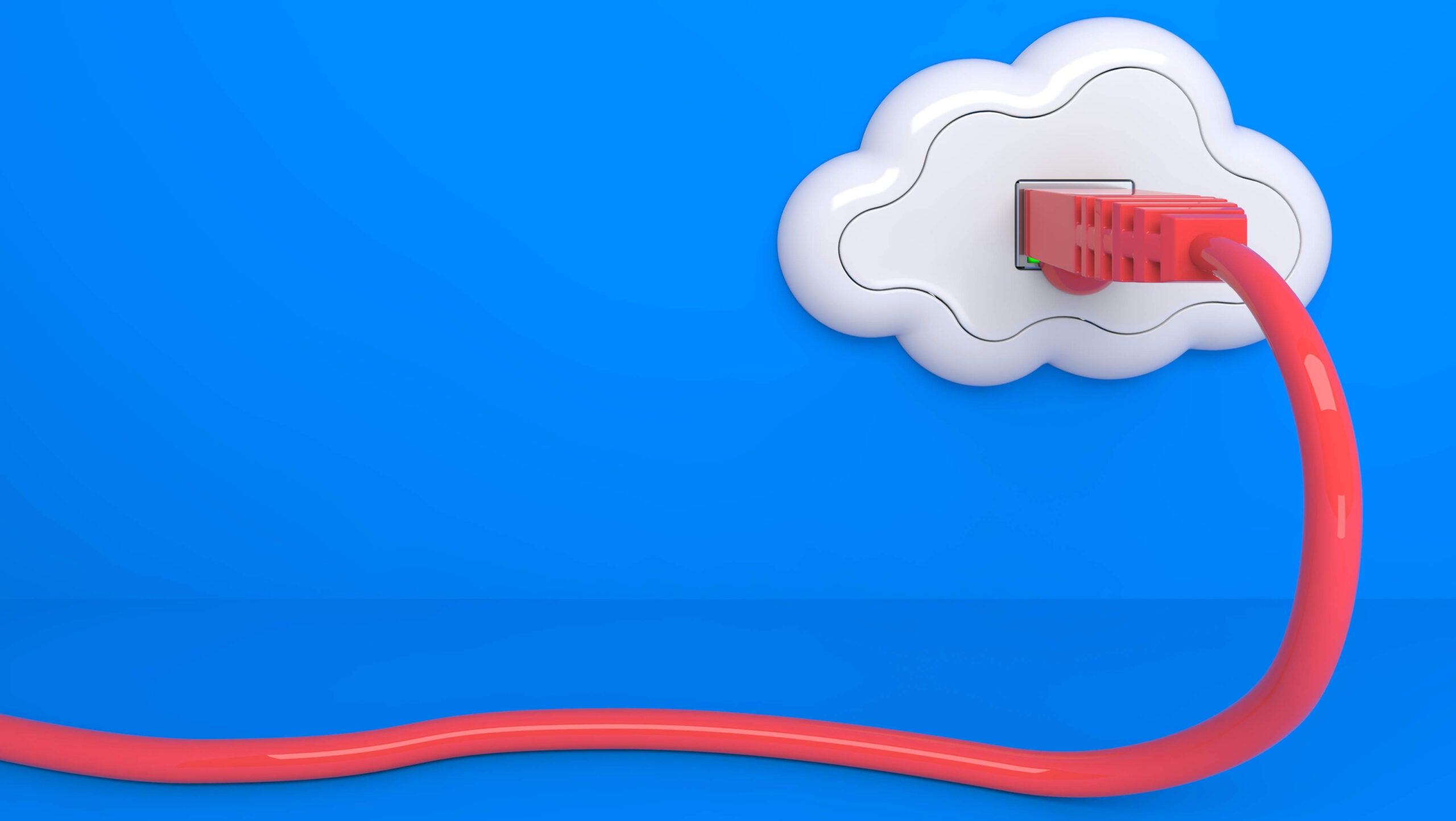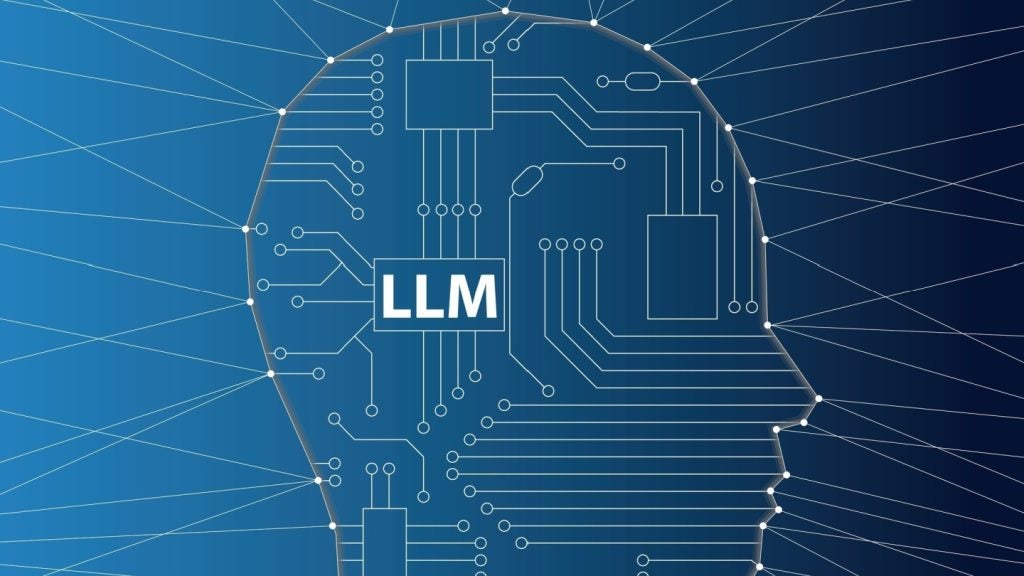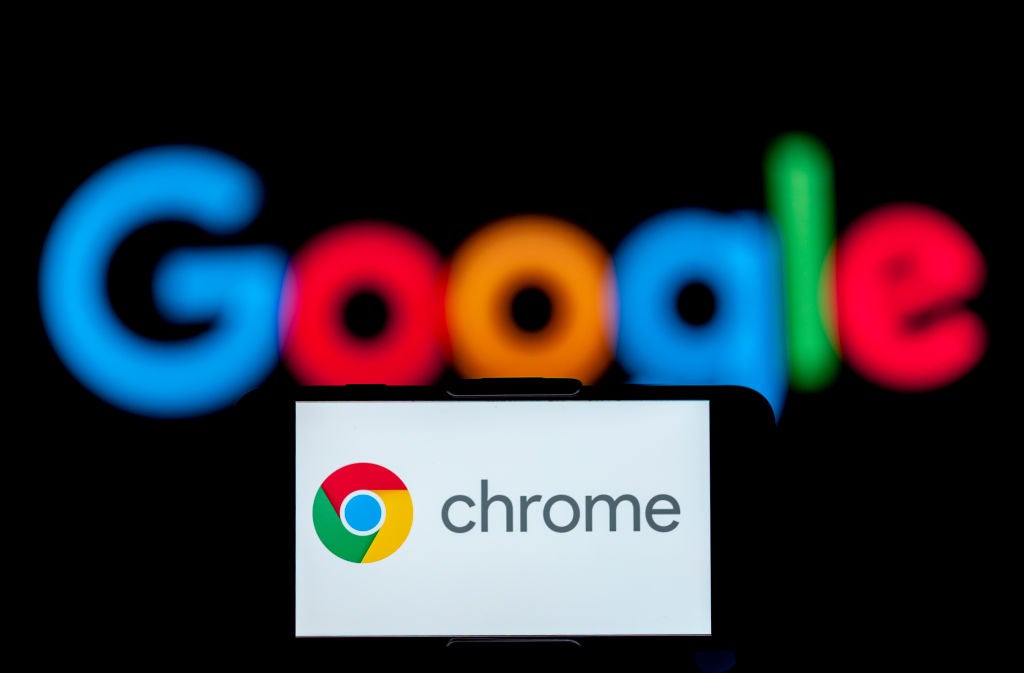Next year the cloud wars that have pitted Amazon, Google, Microsoft, IBM, Salesforce and Oracle against each other will go stratospheric.
The next phase of cloud computing growth, which has already grown at breakneck speed in recent years, will move to mobile and Internet of Things devices, with many of the new projects requiring continuous integration and delivery.
Cloud-native and hybrid cloud application development is making its way to the public cloud as enterprises increasingly see the big players like Amazon Web Services (AWS), Microsoft Azure and Google Cloud Platform (GCP) as a viable infrastructure and data/application services model.

Earlier this month, AWS and GCP separately increased their app development arsenal by way of two partnerships.
The details
Google has teamed up with Red Hat to make the public cloud version of its platform services, OpenShift Dedicated app container service, available on GCP.
How well do you really know your competitors?
Access the most comprehensive Company Profiles on the market, powered by GlobalData. Save hours of research. Gain competitive edge.

Thank you!
Your download email will arrive shortly
Not ready to buy yet? Download a free sample
We are confident about the unique quality of our Company Profiles. However, we want you to make the most beneficial decision for your business, so we offer a free sample that you can download by submitting the below form
By GlobalDataThe partnership provides Google with mature, enterprise-grade application platform services stemming from the JBoss portfolio, including FeedHenry mobile technology. It builds out a compelling portfolio for application development/deployment based on Red Hat’s container and Kubernetes orchestration technologies, alongside the various JBoss services.
Developers can also more easily enhance applications via Google’s growing set of services, including data analytics, machine learning, compute, network, and storage.
Meanwhile, Kony announced integration of its front-end tool, Visualizer, with AWS via pre-integrated support for the AWS Mobile SDK and built-in support for mobile services: Amazon Cognito, AWS Lambda, and Amazon DynamoDB.
The move provides Amazon with more clout as it goes up against Microsoft Azure’s mobile and IoT services.
Amazon is more likely to attract enterprises through Kony’s best-of-breed mobile app platform, which also includes MobileFabric. The backend integration technology serves as a bridge between enterprises’ legacy backends and IoT devices, enabled through API services including management throttling for controlling throughput and versioning.
What it means
These more agile development and deployment architectures are well-suited to address new business initiatives around mobile, IoT, and mobilization of traditional enterprise application.

Mobile and IoT platform services are key in helping public cloud providers attract the broader audience of Web developers looking for omni-channel capabilities as part of front-end tools and solutions addressing the skill sets of those developers.
Such tools will include more comprehensive and auto generated access to APIs, so developers can, for example, take advantage of the latest Apple or Google healthKit APIs.








Related Company Profiles
Amazon.com Inc
Google LLC
Oracle Corp
Amazon Web Services Inc
Apple Inc